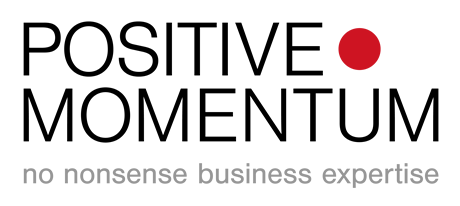It is time to take control and get our own ideas in to practice more often. Our organisations want us to take control and get things done. Below are three tips I think could help any one of us be more like that. And not one of these ideas is “do it yourself!”
Last week I worked with 180 leaders of a global technology business helping them to deliver more effectively. We worked out that key to their success are the relationships between them and how those relationships could drive effective innovation and collaboration between their teams. It was a stimulating day. I came away reflecting on the strength of three big ideas they worked on:
Stop talking, start asking
I was in a meeting two weeks ago where it seemed that everyone had an opinion. There was just one person who listened properly to each opinion and synthesised a point of view they could all agree on. She is the person who is being promoted next month!
The first step in effective delivery is building effective relationships. Key to that is to always believe that there’s a lot to learn about the other person. So the managers practiced starting every interaction with an enquiring mind rather than a broadcast mind and it fundamentally changed how the discussion evolved and the relationship built.
By asking questions about someone’s opinion before expressing their own you will take a crucial first step in effective collaboration. And collaboration is the foundation to delivery.
Who are you? Who are you? (football style chant!)
If you work in a large, matrixed organisation then you achieve little by yourself, everything is through teamwork with other people. And the same applied to this group of leaders. In fact they said that to get a new digital campaign launched required 8 different groups to be involved, but because that seemed so hard most times 2 or 3 areas were left behind .. which always meant they were fixing glitches in the live campaign after launch.
So we worked on three simple steps:
1. Identify who their top 10 relationships are – peers, bosses, less senior colleagues. It was amazing how many of these managers did not have this list already. Can you list your 10 most important connections?
2. Rate the relationship 1-10 where 1 means they don’t know them (or wished they didn’t!) and 10 means they’d go on holiday with them (well, sort of). Effective working relationships are 5s. How would you rate yours?
3. Pick one critical relationship where they need to move it closer to 10 and create some actions to change it … who would you work on and how?
Get hired or get fired
Relationships are fluid, your next interaction always has the ability to improve or harm the dynamic. The next interaction could get you hired or fired. Here’s an example: last week I was away from home working, then played football on Friday night (soccer for my American readers!) … so when on Saturday morning I told my wife I was going to play golf for most of the day, which direction do you think our relationship was heading? Did that interaction make it improve or deteriorate? (Note: I love my wife dearly and I know, I’m a muppet!)
Even if the change in relationship direction is only slight it becomes important that you understand the trajectory and how to keep working at making it improve. So this group of managers worked on the momentum in relationships. They practiced moving beyond curious to concentrating on where the relationship was heading, from the other person’s point of view.
So there they are, three neat ideas to break down silos and get teams and individuals collaborating and delivering more effectively:
1. Stop talking, start asking
2. Know who your key network is
3. Create positive relationship momentum








